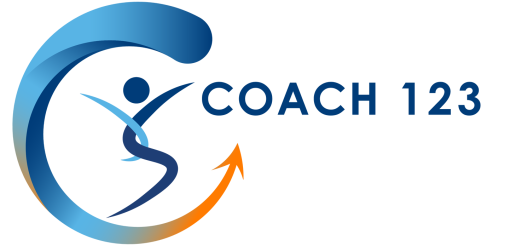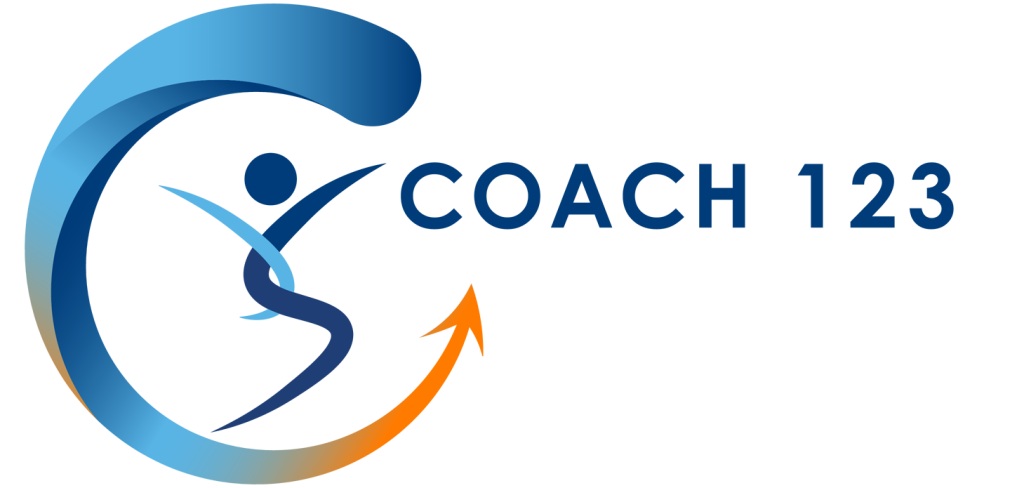Doing Coaching versus Being a Coach, Part 1
Doing Coaching versus Being a Coach, Part 1

When you engage with a coach, it is valuable to understand and recognize the difference between a coach that has the basics for doing coaching and a coach that has elevated their competencies to truly being a coach because that is the coach that will serve you best.
This is something I’ve been thinking about and playing with for in my mind for quite some time now. For a really short answer, doing coaching is the technical tasks and actions. When thinking about doing coaching, think basic competencies, what the coach is technically supposed to be doing.
Coaches learn the competencies and the behaviors (called markers) that demonstrate these competencies. Coaches also have a Code of Ethics and if they are a credential holder and/or member of the International Coaching Federation, then they are accountable to the Code of Ethics.
Doing coaching is the technical side of it. Sometimes it can be more surface level. Doing coaching is typically more transactional and focused on tasks and actions. Being a coach goes much deeper, and it means truly embodying the coaching mindset, the coaching competencies, the coaching ethics.
The journey to becoming a coach starts with doing coaching and evolves over time with being a coach. When starting, it’s about learning. As coaches evolve over time, they truly move into embodying the competencies as well as the mindset and that becomes a natural, authentic part of who they are as coaches.
Think about it this way. When starting a coach training program, people are learning to do coaching and this involves standardized questionnaires. Coaches begin with learning the rules so later they know how to break the rules.
In coach training the flow of questions is done in a way that follows the general flow of a typical coaching session. In that way, they experience the wording of questions, the types of questions, a general feel for the coaching conversation.
Initially, for the coach in training, it feels a little bit stilted or formulaic. It’s building muscle memory. The questions on a questionnaire tend to be more surface level.
Sometimes questions with a newish coach are more focused on tasks because to really go below the surface is going to be based on what the client says and that’s going to require that in-the-moment awareness and dancing. To move into being a coach requires truly developing listening to the place where the coach is hearing what’s not being said. They are hearing things behind what’s being said, influencing factors, and client context playing into it.
Being a coach means noticing energy shifts. The coach notices what’s going on for the client. This helps the coach ask those questions that go deeper.
Powerful coaching questions go below the surface. They evoke additional awareness. Being a coach means fully incorporating a holistic approach because who the client is matters and impacts their planning.
Very specifically, if just doing coaching, just focusing on tasks and action steps, there is a short-term impact. It the coach is being a coach and using a holistic approach, working with the whole person, that is where the long-term meaningful change happens. For example, when a coach first starts doing coaching, they may have a desire to go in a certain direction toward a certain solution. As they evolve to being a coach, they truly hold the client as fully capable. They’re okay not knowing what the answer is going to be, even what the direction of the conversation is going to be, because that is for the client to determine. The coach, comfortable not knowing, holds space and creates safety for the client to explore and think out loud.
A machine can do specific tasks and currently AI is doing coaching. Considerations: AI doing coaching is surface level, and the confidentiality of the session is very limited. An experienced coach is authentic and truly present to the client, being a coach and supporting long-term meaningful change.
In the next blog, the exploration of the difference for the client with AI, a new coach, or an untrained coach versus a coach who has evolved to being a coach is furthered in support of recognizing the difference in impact and the importance when choosing a coach.











